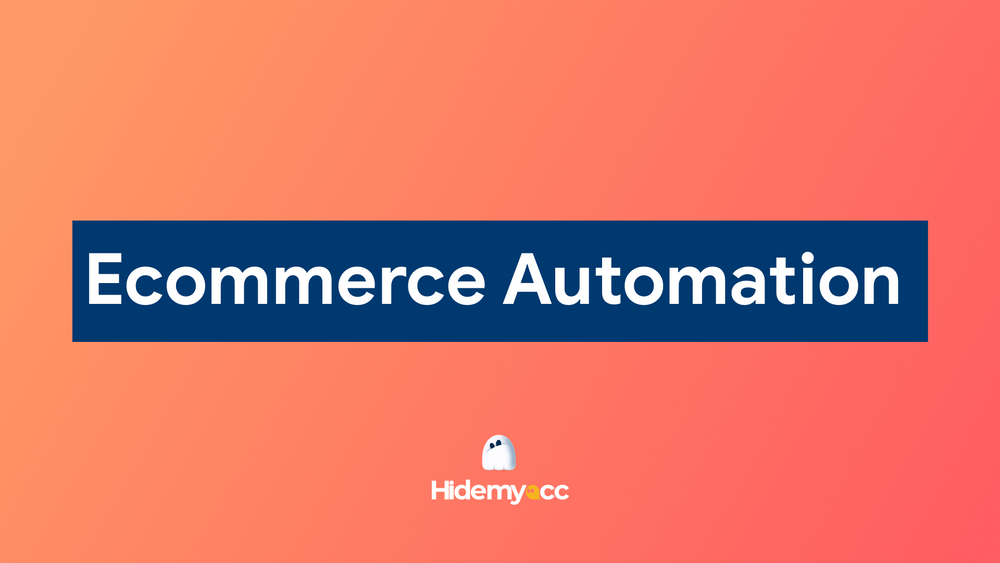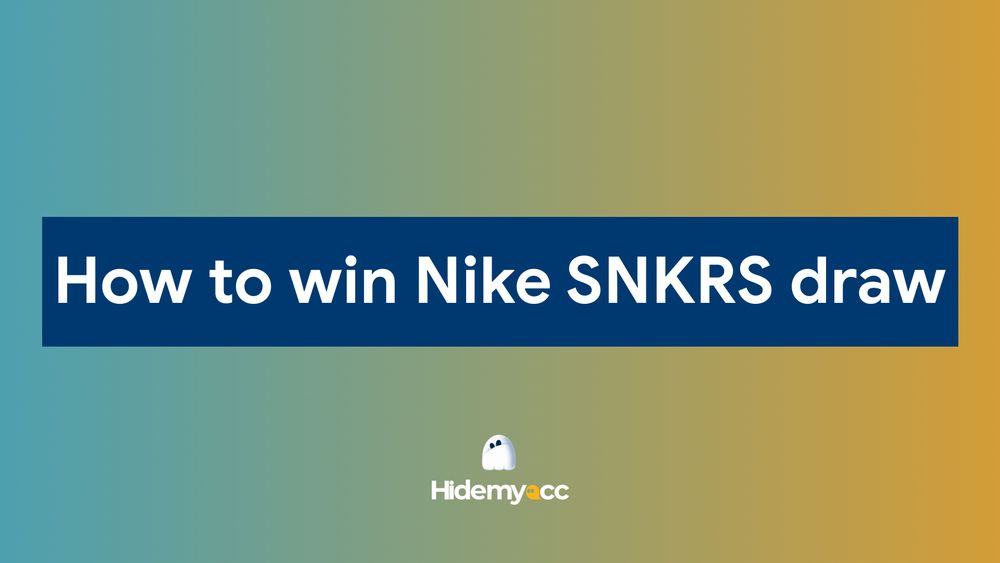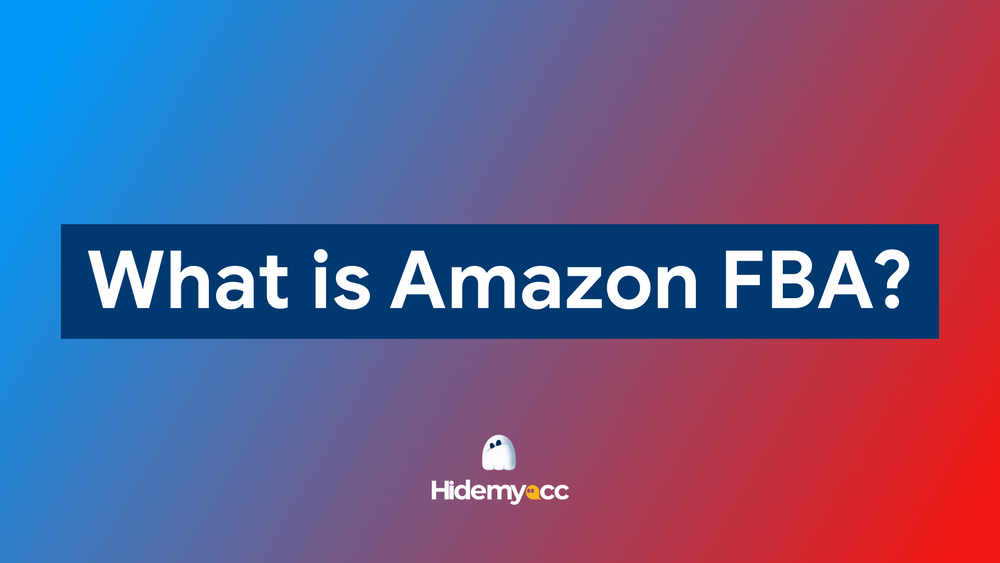Shein has become one of the most popular online clothing retailers, offering affordable fashion for a wide range of customers. However, the brand has also faced significant criticism, leaving many customers questioning whether Shein is truly legitimate. In this blog post, Hidemyacc will dive deep into the truth behind Shein's reputation, the concerns surrounding its legitimacy, and tips on how to shop safely. By the end of this article, you’ll be able to decide whether or not Shein is the right choice for your wardrobe.
1. What is Shein? Why is it so popular?
Shein (https://us.shein.com/) is an online fashion retailer that primarily targets young adults, offering trendy and affordable clothing, accessories, and footwear. Founded in 2008 in China, Shein has gained rapid popularity due to its constantly updated styles, wide range of products, and very competitive prices. The company has made a name for itself by marketing directly to consumers through social media platforms, influencers, and online advertising.
Shein's business model revolves around offering a massive catalog of products, which includes clothing, shoes, jewelry, and even home goods. The brand's appeal lies in its low prices, with many items priced below $20, making it attractive to people who want fashionable clothing on a budget. Additionally, Shein offers frequent sales, discounts, and promotional codes, further encouraging shoppers to buy more.
However, despite its success, Shein has been surrounded by controversies related to its business practices and the quality of its products. Many customers have expressed concerns regarding the legitimacy of Shein's operations, and these worries often raise questions about whether it’s safe to shop on Shein.
2. Is Shein legit?
When it comes to shopping on Shein, many people wonder, "Is Shein legit?" After all, how can a company offer such low prices without compromising quality? The answer is not entirely straightforward, as there are both positive and negative aspects to consider.
First, Shein is a legitimate business registered and operating globally, with an official website and mobile app available in multiple countries. It also has a significant presence on social media, and many customers have successfully purchased products from the site. However, just because Shein is a legitimate business doesn’t mean that every aspect of its operations is beyond reproach.
3. Why does Shein have an F rating?
One of the most concerning aspects of Shein’s reputation is its F rating from the Better Business Bureau (BBB). This low rating is largely due to complaints about Shein's customer service, the quality of its products, and its overall business practices. In addition to these customer-related concerns, there are some serious ethical issues surrounding Shein, which have contributed to its negative public image.
Here are the main reasons behind Shein’s F rating:
- Customer complaints: Shein has received numerous complaints about delayed deliveries, poor-quality products, and challenges with getting refunds. Many customers report receiving items that don’t match descriptions or images, such as defective or incorrect products.
- Quality control issues: Product quality is often inconsistent, with some customers receiving poorly made items or those that don’t meet their expectations in terms of materials and stitching.
- Refund difficulties: Some customers have found it difficult to obtain refunds for defective items or returns, with limited response from Shein's customer service team.
- Shipping issues: Despite promises of fast delivery, many orders take longer than expected, leaving customers frustrated with the extended wait times.
- Allegations of counterfeiting: Several designers have accused Shein of copying their designs and mass-producing cheap imitations without permission. These allegations have raised concerns about Shein’s ethical business practices, with some questioning whether the company is truly creating original products or simply capitalizing on the designs of others.
- Labor concerns and child labor allegations: There have been reports of poor working conditions and underage labor in Shein's supply chain. There have been multiple investigations and reports indicating that workers, some of whom are minors, are subjected to long hours and unsafe working environments. These concerns have been exacerbated by Shein’s lack of transparency regarding its supply chain, making it difficult to verify the working conditions of the factories that produce its products.
While these issues are concerning, it’s important to remember that Shein has responded by implementing some changes in its business practices, such as improving its return policy and working with third-party auditors to address labor issues. However, the company’s poor BBB rating and the ongoing controversies have caused many consumers to question its legitimacy and ethical practices.
Despite these issues, it’s also worth noting that not all customers have had negative experiences with Shein. Some shoppers find that the low prices and trendy styles make the occasional frustration with quality or service tolerable. However, when considering whether Shein is a legitimate and trustworthy company, these significant concerns cannot be ignored.
4. How to safely shop on Shein?
While shopping on Shein can offer great deals, it’s crucial to follow some safety tips to ensure a smooth experience. Here are some essential tips for safely shopping on Shein:
- Check product reviews: Before making a purchase, always check customer reviews on the product page. Reviews can give you a clear idea of the quality, fit, and color of the item.
- Review sizing charts: Sizing on Shein may differ from what you’re used to, so always refer to the sizing chart for each item to avoid sizing issues.
- Research seller ratings: If you’re purchasing from a third-party seller on Shein, make sure to check their ratings and reviews to ensure they are reputable.
- Use secure payment methods: Always use secure payment options, such as credit or debit cards, to ensure your transaction is protected.
- Read return and refund policies: Shein’s return policies can vary depending on the product and location, so make sure to read the terms carefully before purchasing.
By following these steps, you can significantly reduce the risks of receiving subpar products or having difficulties with customer service.
5. Should I sell on Shein?
Selling on Shein can be an appealing option for entrepreneurs and small businesses in the fashion industry. The platform offers a wide customer base, minimal startup costs, and an efficient way to reach a global audience. However, before deciding to sell on Shein, it’s important to consider the features, benefits, and challenges that come with it.
5.1 Available features for Shein sellers
Shein provides a variety of tools and features to help sellers manage their stores effectively. These features are designed to simplify the selling process and improve sales performance. Some of the key features include:
- Product uploading tools: Shein allows sellers to easily upload products to their platform with options to add images, descriptions, sizes, and prices. This makes it easy to showcase products to Shein’s large customer base.
- Performance tracking: Shein provides analytics tools to help sellers monitor the performance of their listings. This includes tracking sales, customer ratings, and reviews, allowing sellers to gauge their success and make adjustments as needed.
- Payment system: Shein uses a commission-based payment system, which means sellers pay a percentage of the sale price once an item is sold. This structure makes it easier for sellers to get started without needing to invest large sums of money upfront.
- Global reach: Shein's international presence means that sellers can target customers from all over the world. The platform has built-in localization for different markets, making it easy to sell to international buyers without dealing with complex shipping or currency issues.
These features make it easier for sellers to start a business on Shein.
5.2. Why are so many sellers flocking to Shein?
There are several reasons why Shein has become an attractive platform for sellers. Some of the key benefits that draw entrepreneurs to Shein include:
- Low entry barriers: Unlike platforms like Amazon or eBay, which require sellers to meet specific criteria or fees, Shein offers a relatively low-barrier entry for those wanting to start selling fashion products. Sellers can get started with minimal upfront investment, making it a great choice for small businesses.
- No need for inventory management: Shein operates on a drop-shipping model, meaning sellers don’t need to worry about managing inventory or shipping products themselves. Shein handles the fulfillment process, allowing sellers to focus on designing or sourcing new products.
- Affordable marketing opportunities: Shein’s vast customer base provides an easy way for sellers to reach a large audience without spending heavily on marketing. Through Shein’s internal advertising and promotions, sellers can gain visibility without having to manage separate ad campaigns.
- Trendy, low-cost fashion: Shein’s focus on affordable, trendy fashion appeals to a broad customer base. Sellers can take advantage of this demand for budget-friendly clothing by offering products that align with Shein’s style and aesthetic.
In addition to familiar e-commerce platforms such as Amazon, Etsy, eBay, etc., Shein is one of the sales channels that many users love and has begun to develop strongly in recent years.
5.3 Shein vs Amazon: Which is better?
When deciding whether to sell on Shein or Amazon, there are a few key differences to consider. Each platform offers unique advantages and challenges, so it’s important to evaluate your specific business needs before making a choice.
- Customer base: Amazon is a more established platform with a larger, more diverse audience. However, Shein's customer base is specifically interested in affordable fashion, making it a more targeted platform for sellers in the clothing and accessories market.
- Fees and costs: Amazon charges higher fees for listing products and using its marketplace services, which can be a significant factor for small businesses. Shein, on the other hand, uses a commission-based payment system, which could be more cost-effective for new sellers or those with limited resources.
- Inventory management: While Amazon provides the option for sellers to manage their own inventory or use Fulfillment by Amazon (FBA), Shein operates on a drop-shipping model, meaning you won’t need to worry about holding or shipping inventory. This makes Shein a more hands-off option for those who don’t want to deal with logistics.
- Marketing and visibility: Amazon offers a more established platform with robust tools for promoting products, but Shein's platform provides a more targeted, fashion-focused audience. If your products align with Shein's niche of affordable, trendy clothing, the platform's targeted marketing approach could be beneficial.
In conclusion, Shein and Amazon both offer opportunities for sellers, but the right platform for you will depend on your product type, business goals, and marketing strategy. If you're selling trendy fashion items and looking for an easy way to reach a global audience, Shein may be a better choice. However, if you're looking for a more established platform with diverse product categories, Amazon might be more suitable.
Amazon related articles:
- Why is your Amazon account locked? 3 tips to unlock it
- Merch by Amazon: How to make money with it?
- How to get Amazon Affiliate link: A complete guide for beginners
6. Conclusion
In conclusion, Shein is a legitimate business, but it comes with its pros and cons. While many customers enjoy shopping on Shein for its trendy styles and affordable prices, there are legitimate concerns about the quality of its products and the company’s customer service. If you choose to shop on Shein, it’s important to take precautions, such as checking reviews, understanding sizing charts, and using secure payment methods.
As for selling on Shein, it can be a lucrative opportunity for those in the fashion industry, but it’s essential to weigh the benefits and risks carefully. Overall, Shein’s reputation may be controversial, but it continues to thrive due to its massive following and affordable offerings.
7. FAQ
Question 1: Is it safe to order from Shein?
Yes, it’s generally safe to order from Shein, as long as you follow the necessary precautions, such as using secure payment methods and reading product reviews.
Question 2: Can I trust Shein's clothes?
While Shein’s clothing is generally affordable, its quality can vary. It’s important to check product reviews and sizing charts before making a purchase.
Question 3: What is the Shein controversy?
Shein has faced controversies regarding its business practices, including poor labor conditions, environmental concerns, and intellectual property issues.
Question 4: Is Shein 100% safe?
While Shein is a legitimate business, there are risks associated with shopping on the platform, especially regarding the quality of products and customer service. Taking precautions can help minimize these risks.
Question 5: Should you wash Shein clothes before wearing them?
Yes, it’s recommended to wash Shein clothes before wearing them to remove any potential chemicals or dyes used during the manufacturing process.






